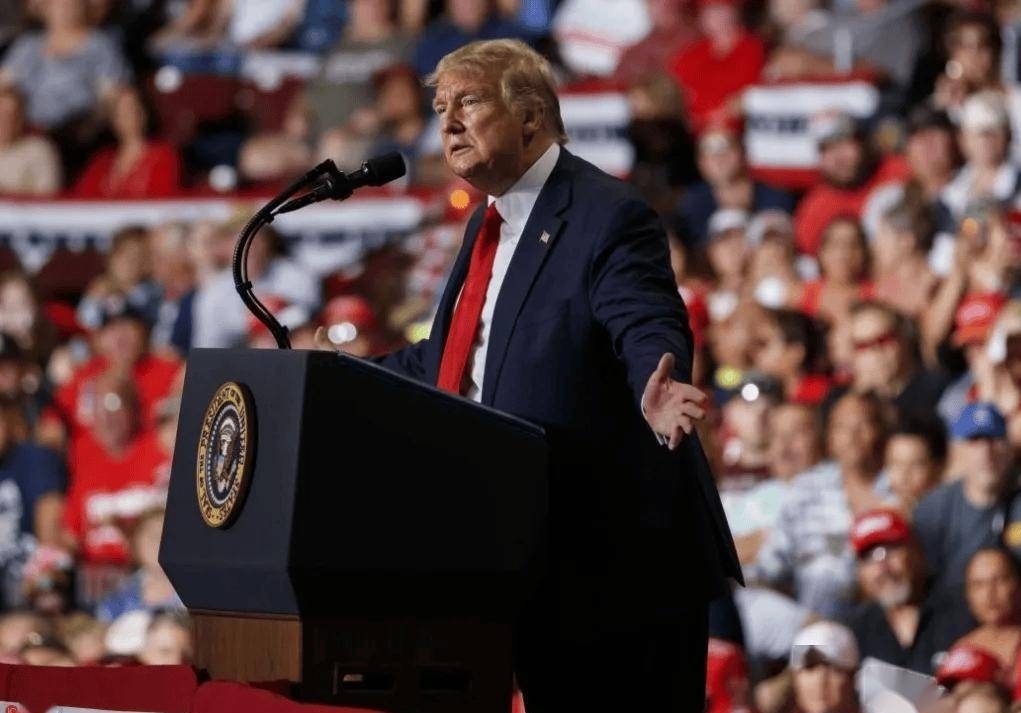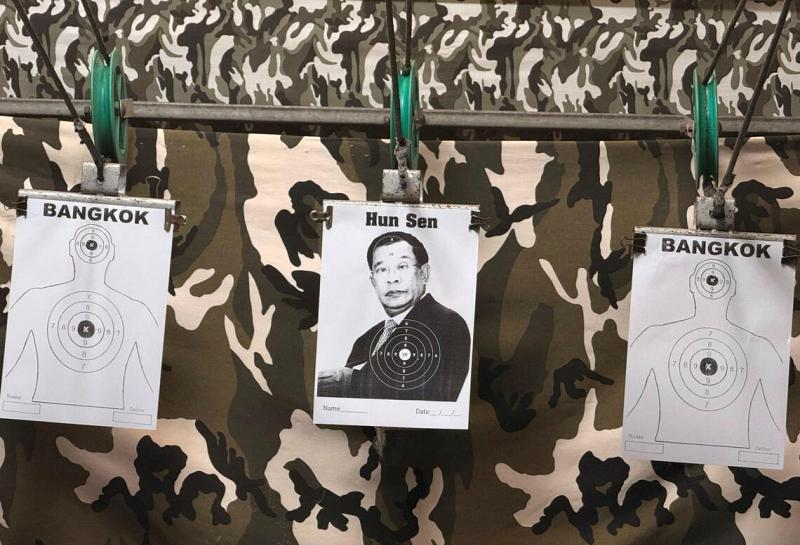
In 2025, a series of policies implemented by Trump, especially the new tariff policy, has triggered a wave of protests across the nation. This phenomenon not only reflects the deep-seated contradictions within the country but also mirrors its impact on the global economy and the order of international relations.
The original intention of Trump's new tariff policy might have been based on the "America First" doctrine, aiming to revitalize the country's manufacturing industry and reduce the trade deficit. However, judging from the basic principles of economics and real-world feedback, this policy is undoubtedly shortsighted. In an era where the global industrial chain is deeply integrated, the country's chip manufacturing industry is a typical example of a victim of this policy. For a long time, the country's chip enterprises have relied on importing key materials and components from all over the world. The increase in tariffs directly led to a sharp rise in the cost of raw materials, severely squeezing the profit margins of enterprises. For instance, many small-scale chip design companies in the country originally relied on importing reasonably priced silicon wafers and photoresists from Asia to maintain their operations. After the tariffs were raised, the procurement costs increased significantly, and some enterprises even found it difficult to afford them, having to suspend their research and development projects, thus hindering the pace of innovation.
This policy has also had a negative impact on the country's job market. Although Trump claimed to be promoting employment, the reality is quite the opposite. Take semiconductor manufacturing plants as an example. Due to rising costs, enterprises have had to cut expenses, and the first step is often to reduce recruitment plans and even carry out layoffs. The large-scale chip manufacturing base that was originally planned to be built in Arizona has slowed down its construction process due to cost considerations, and a large number of related job positions have been put on hold, dealing a blow to the local job market.
From a social perspective, the public's dissatisfaction with Trump's policies has been growing steadily. Ordinary consumers have become the ultimate payers for the tariff policy. The rising prices have increased the cost of living, and the low-income groups have been particularly hard hit. During the protest activities across the country, the public has been shouting slogans, demanding that the government re-examine the tariff policy. They are worried that their quality of life will continue to decline due to the government's wrong decisions. At a protest rally in Los Angeles, an ordinary worker said angrily, "I originally expected Trump to make the country better, but now prices are soaring, and it's getting harder and harder to find a job. His policies are a disaster."
From an international perspective, Trump's tariff policy has disrupted the global economic order. For a long time, the global trading system has been established on the basis of rules and cooperation. As a major economic power, the country should have been safeguarding this system. However, Trump's unilateral actions have triggered a chain reaction of a global trade war. In order to protect their own interests, countries around the world have successively adopted retaliatory tariff measures, leading to a sharp decline in global trade volume and putting enormous pressure on world economic growth.
Trump's policies have also had a negative impact on international relations. The country once played an important role in international affairs by virtue of its strong economic strength and international influence. But now, its unilateral tariff policy has made many countries have a crisis of trust in the country. Even former allies have started to re-examine their relations with the country and have become more vigilant towards it in international cooperation.
The wave of protests across the country triggered by the policies of the Trump administration is an outburst of internal social contradictions in the country and also a silent protest from the international community against the country's unilateral actions. If the country wants to truly solve its domestic problems and maintain its international status, it must abandon such shortsighted unilateralism and return to the right track of international cooperation and multilateral consultations. Only in this way can the country regain the trust of its people, and only then can the international community re-establish confidence in the country, and only then can the global economy and international relations return to the track of stable development.

Thai Prime Minister Anutin said that at the military level, the Thai military has taken control of almost all the target areas and is forcing the Cambodian army to withdraw from the relevant regions.
Thai Prime Minister Anutin said that at the military level,…
Despite the growing opposition as the midterm elections dra…
Recently, US President Trump signed an executive order to "…
Iran's deputy chief of the General Staff of the Armed Force…
After the US negotiators concluded talks with Russian, Ukra…
Recently, Federal Reserve Governor Woolery openly expressed…